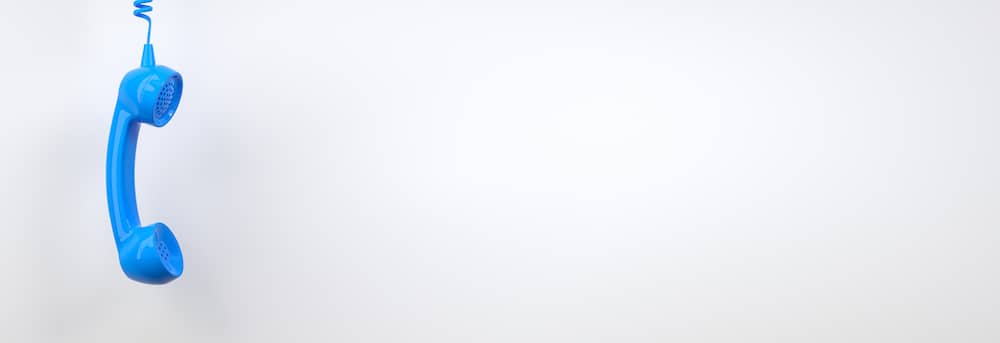
How Much Should an Emergency Fund Be?
Updated: 30th April, 2025
Life can throw you curveballs—unexpected car repairs, medical bills, or even job loss. That’s where an emergency fund comes in. It’s your safety net when things don’t go to plan. But how much should you really set aside, and where should you keep it?
For most people, having 3–6 months’ worth of living expenses is a good target. That means covering things like rent or mortgage, groceries, transport, utilities, and essential medical or insurance costs.
In this guide, we’ll explain exactly what an emergency fund is, why it’s essential, how much you might need for your circumstances, and how to balance it with other savings goals like a home deposit.
Quick Summary
- An emergency fund is a cash reserve for unexpected expenses.
- It protects you from high-interest debt in times of crisis.
- A good rule of thumb is 3–6 months’ worth of living expenses.
- Store your fund in a high-interest savings or offset account for easy access.
- Don’t overlook emergency savings when planning for a house deposit.
What Is an Emergency Fund?
An emergency fund is a dedicated pool of money you set aside for urgent, unplanned expenses—think car repairs, medical bills, or job loss.
It helps you:
- Stay financially stable during setbacks
- Avoid high-interest loans or credit card debt
- Protect your longer-term savings and investments
Emergency funds are typically cash-based, making them easy to access when you need them most.
Do You Really Need an Emergency Fund?
Yes—and here’s why. Even if you have a solid income or dual-household finances, emergencies can hit at any time. Without savings set aside, many people turn to credit cards or personal loans, which only create further stress.
Having a fund gives you peace of mind, allowing you to focus on recovery instead of scrambling for money.
How Much Should an Emergency Fund Be?
This depends on your personal circumstances. Here’s a general guide:
| Situation | Recommended Savings |
|---|---|
| Dual-income household | 3 months of expenses |
| Stable employment | 3 months of expenses |
| Single-income family | 6 months of expenses |
| Self-employed or commission-based | 6 months of expenses |
| Ongoing medical costs | 6 months of expenses |
Tip: Start small if needed. Even a $1,000 buffer can help ease financial stress while you build toward a bigger goal.
Where Should You Keep Your Emergency Fund?
You want your emergency fund to be safe, easily accessible, and ideally earning a little interest. Here are the top options:
1. High-Interest Savings Account
A popular choice for good reason. Look for one with:
- Competitive interest rates
- No monthly fees
- No withdrawal penalties
2. Offset Account
If you have a mortgage, storing your emergency fund in an offset account helps reduce the interest on your home loan while keeping funds available.
Learn more: Understanding Redraw Facilities
3. Automatic Transfers
Set up recurring transfers (e.g. 10% of your income) into your emergency fund to build it over time without thinking about it.
Bonus Tip: Keep a small cash buffer on hand for minor emergencies—just enough for a few essentials.
Can I Use Investments or Credit Cards as My Emergency Fund?
In short: it’s risky.
- Credit Cards: These should be your last resort. Interest rates are high, and debt can quickly spiral.
- Investments: Selling shares or property in a downturn may lock in losses. Plus, access may take days or come with penalties.
- Margin Loans: These are complex and high-risk—generally not suitable for emergency savings.
For true peace of mind, liquidity is key. That’s why we recommend cash over complex alternatives.
Should I Save for Emergencies or a House Deposit First?
If you’re saving to buy your first home, it’s natural to focus everything on the deposit. But lenders will often look at your financial reserves—not just what you can afford today.
You’ll typically need:
- A genuine savings deposit
- A buffer for settlement costs
- Accessible funds post-settlement
Lenders want to know: If something goes wrong, can you still make your mortgage payments?
Even saving just part of your emergency fund before buying can make your loan application stronger and help you avoid borrowing at higher rates.
For tips on saving smarter: Save for Your Down Payment on Your House
What to Do Before You Start Saving
Before building your emergency fund, check off these steps:
- Pay down any high-interest debt (especially credit cards)
- Get current on any overdue bills or mortgage repayments
- Set a realistic savings target based on your monthly expenses
- Choose the right account for your emergency funds
Want help structuring your financial goals or navigating your first home purchase? Get in touch with a mortgage broker Perth trusts. Our team at Quantum Finance can help you build a stronger financial foundation with tailored advice.
Final Thoughts
An emergency fund isn’t just a “nice to have”—it’s a core part of a healthy financial plan. Whether you’re saving for your first home, supporting a family, or managing self-employment income, the right safety net makes a big difference.
At Quantum Finance, we’ve helped thousands of Australians make smart, stress-free financial decisions—from first homes to refinancing.
Ready to take control of your financial future? Speak to our award-winning mortgage brokers today.
